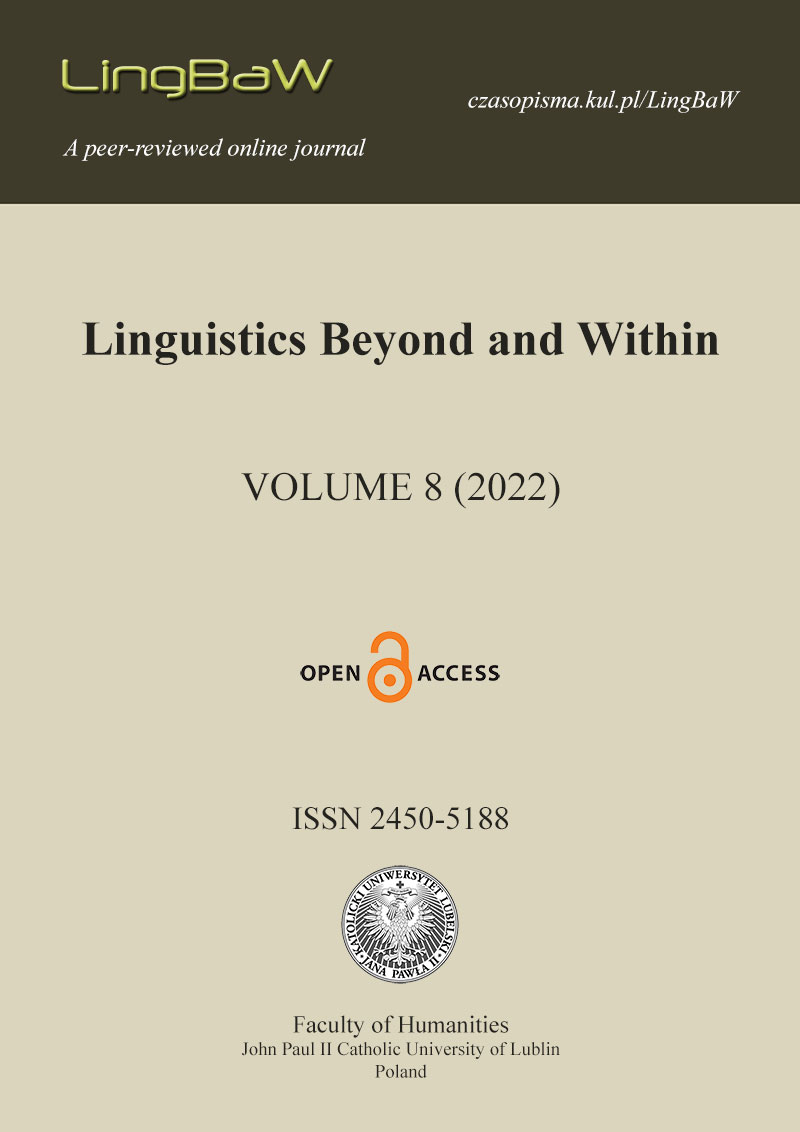Spelling out of scope taking arguments in (de-)verbal constructions in Hungarian
Spelling out of scope taking arguments in (de-)verbal constructions in Hungarian
Author(s): Judit Farkas, Gábor AlbertiSubject(s): Semantics
Published by: Wydawnictwo KUL
Keywords: (de-)verbal phrases; Hungarian; operators; Spell-Out positions;
Summary/Abstract: The paper systematically investigates operators in post-head positions within the three constructions referring to states of affairs in Hungarian, that is, within verbal, deverbal nominal and infinitival phrases. Hungarian is well-known to be a language in which all types of operator can be, and are usually, spelt out in the pre-head zone. However, it has not been discussed in a systematic and comprehensive way earlier whether operators can appear in post-head positions. The paper points out that this is partially possible via a systematic overview of six basic operator types. It also illustrates that while spelling out operators in the pre-head zone results in unambiguous constructions, placing them in post-head positions yields different types of ambiguity. As for the acceptability of scope taking arguments, finite verbal constructions show a black-and-white picture while infinitival and deverbal nominal constructions can be characterized by gray zones in respect of the readiness of arguments to take scope from post-head position. In these “gray zones”, a somewhat speaker-dependent variation can be observed, presumably with underlying microvariation. To represent and interpret our findings, we use Grohmann’s (2000, 2003) phase-theoretic approach with its pragmasemantics-based three Spell-Out domains per cycle.
Journal: Linguistics Beyond and Within (LingBaW)
- Issue Year: 8/2022
- Issue No: 8
- Page Range: 55-74
- Page Count: 20
- Language: English

